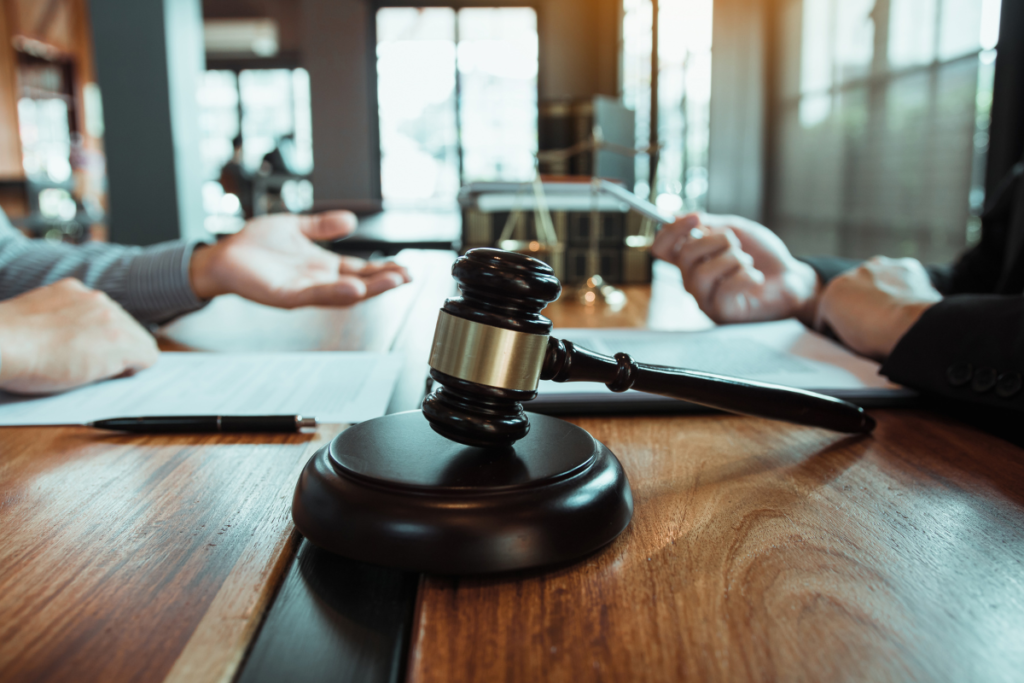Chicago, the third-largest city in the United States, is located in Illinois along the shores of Lake Michigan. Like other cities, Chicago also experiences many personal injury cases, ranging from car accidents to workplace injuries. The expertise of professionals such as doctors, accident reconstructionists, and financial experts can make or break a trial’s outcome.
Chicago personal injury lawyers rely on expert testimony to strengthen their clients’ cases, offering credibility and clarity that may otherwise be difficult to convey. This article explores what expert testimony is and its vital role in personal injury litigation, emphasizing how it can influence the success of a case and the compensation awarded.
What is Expert Testimony?
Expert testimony refers to the evidence provided by a qualified individual with specialized knowledge, skills, education, or experience in a specific field relevant to the case. Expert testimony aims to offer insights that a layperson might not have and provide an objective opinion that can shed light on the circumstances of the injury, the extent of damages, and the impact on the victim’s life.
Contents
Establishing Causation
Establishing causation, the connection between the plaintiff’s injuries and the defendant’s actions, is crucial in most personal injury claims. However, this can be difficult because it requires providing proof that links the two components beyond a reasonable doubt. Expert witnesses can help establish this link by offering technical, scientific, or medical justifications for how the defendant’s activities caused the plaintiff’s injuries.
In a car accident case, for example, an accident reconstruction specialist can utilize their engineering and physics expertise to show how the defendant’s careless driving contributed to the collision and the injuries that followed.
Clarifying Complex Concepts
Personal injury cases can entail intricate medical or technological ideas that are difficult for non-experts to comprehend. Expert witnesses are knowledgeable and experienced in these fields and can confidently and briefly describe them to juries and judges. Their testimony can substantially impact a case’s outcome because it helps the fact-finder grasp complex problems essential to assessing responsibility or damages.
Validating Damages
Plaintiffs in personal injury cases seek damages for various things, such as pain and suffering, lost wages, and medical costs. Expert testimony can support plaintiffs’ claims, and they can also present proof of these damages through documents such as pay stubs and medical bills.
For example, a medical professional can attest to the severity of a plaintiff’s injuries and the required care, lending legitimacy to the claimed medical costs. Similarly, economists can apply their expertise to precisely estimate future pay losses or the monetary worth of suffering.
Challenging Opposing Expert Testimony
Expert witnesses are not infallible; sometimes, opposing parties may present conflicting expert testimonies. This is where cross-examination comes into play. Cross-examination allows lawyers to question the credibility and validity of expert testimony and potentially undermine its impact on a case. A skilled lawyer can use cross-examination to highlight inconsistencies, weaknesses, or biases in an opposing expert’s evidence.
Conclusion
It is impossible to overestimate the significance of expert testimony in personal injury cases. It aids in proving causation, elucidating difficult ideas, confirming damages, and refuting the claims of competing experts. Therefore, seeking advice from knowledgeable attorneys and skillfully utilizing expert testimony can significantly impact the outcome of a personal injury case.




